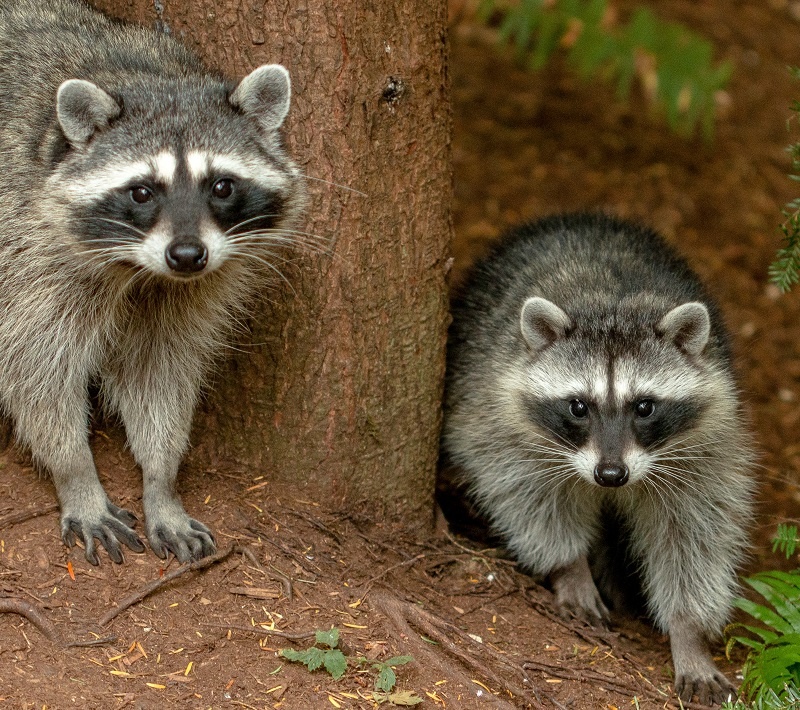
I recently heard from a client whose cat is making friends with the local raccoons. And I know someone who knows someone who knows a guy who has raccoons that hang out with his cats and regularly come inside through the cat door. (I’m actually a little bit jealous; I have always loved raccoons.) They hang out in his house just like the cats do. He doesn’t pet them, but they sometimes come up to him and paw at his leg as if they want him to touch them.
Unfortunately, no matter how sweet it seems, that sort of situation is a little worrisome because in general, as a species, raccoons are becoming habituated to humans and might one day get killed for it if they approach the wrong person. That happened in a nearby town a year (or so) ago, and it was a big to-do. A guy and his wife were out boating, and when they tied up at the dock, a raccoon came running up to the lady. The guy killed the raccoon with a shovel, and someone caught it all on video, which of course went viral. You could hear people screaming “don’t kill him, he’s tame!” The people who lived near that boat dock had been feeding that raccoon, and he felt comfortable approaching humans in broad daylight. He expected a treat, and got bludgeoned to death instead.
Shortly after that happened, I taught an animal communication class, and many of the people in the class–including me–had recently had raccoon encounters. So as part of the class, we all communicated with raccoons as a collective consciousness and asked why they were suddenly making themselves so visible to humans. Here’s what we got: Due to habitat destruction and predators (mostly roaming dogs), raccoons are being squeezed-out of the wild places they used to live, and they are having trouble finding food and water. Also, the water that they do find isn’t always fit to drink because of human-caused pollution, so they have to range farther afield. They are noticing that many cats and dogs are having a much better time of it because of the human connection they enjoy—and that food and clean water are often readily available wherever there are cats and humans. (Dogs, too, but that’s a little trickier because some dogs view them as prey, and most will at least chase them away.) Because of this shift in the consciousness of raccoons as a whole, many individuals are trying to form relationships with humans and cats in particular, and some are actively trying to convince people to allow them to become family members. Many raccoons are longing to be given the same opportunities for human connection and protection that they see cats and dogs enjoying.
So unless you’re in the market for a pet raccoon (more about that later), be careful about leaving cat food outside. Because until raccoons are tame enough to be given the shots they need, they can spread disease (namely rabies and distemper). And while raccoons can be very friendly to cats, if a raccoon ever does get in a fight with your cat, your cat will be the loser. And if you aren’t in a position to keep a completely tame raccoon family member who has all the same advantages your dogs and cats enjoy, it is wrong to teach a wild/semi-wild raccoon that humans (and dogs and cats) are safe to be around. Then there’s the fact that in many states, it is illegal to keep a raccoon, so even if you had a completely tame raccoon, you wouldn’t be able to find a vet who would vaccinate it. (In Alabama, for example, you can have a tiger, but not a raccoon.)
I know that if you’re like me, you see that cute little raccoon face, and those sweet little raccoon hands, and you think that if he’s coming around because he’s hungry, it shouldn’t hurt to feed him, especially if you keep your distance and don’t engage. But your dog probably doesn’t feel that way (I know mine don’t) and your cat might not, either. And among your neighbors (and their dogs and cats) whom the raccoons will begin to trust by association, there is almost certainly at least one who would as soon kill a raccoon as look at it. I’m afraid that until the laws change, and until we’re willing and able to allow raccoons to become family members with all the rights that come with that relationship, we need to draw some really clear boundaries that will keep raccoons wild, and therefore, safe from humans, and all the dangers and perils that come along with them. The best way I can think of to help is to donate to reputable organizations who work to keep wild spaces wild and combat the destruction of wildlife habitats. Here is a link to an article about the top ten wildlife conservation organizations that spend 80 percent or more of the money they raise on fieldwork, not on fundraising or administrative costs.

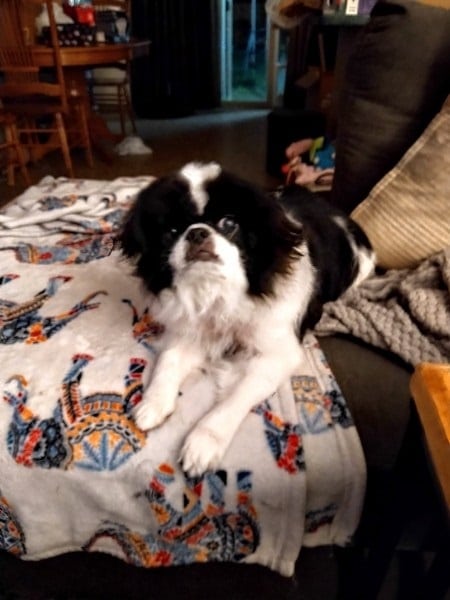
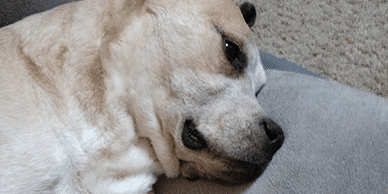
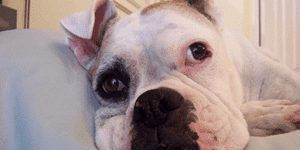


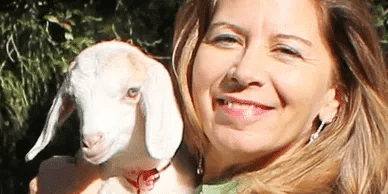
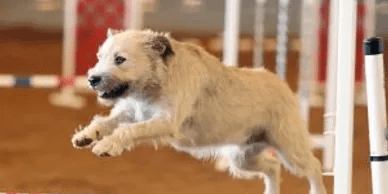
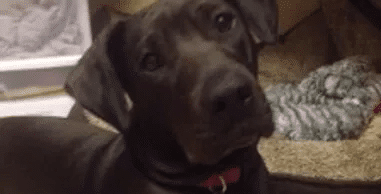
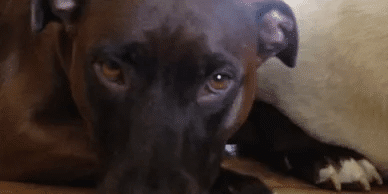
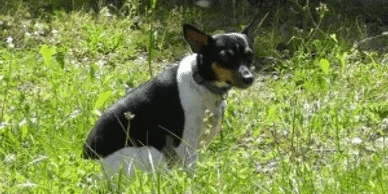
I’ve seen the aftermath of raccoons losing their long-time woods home, complete with clear creek and deeper fish-filled pond, due to new home development. Most died being struck by vehicles exploring their ‘new’ world, attempting to cross a busy main road to reach remaining woods on the other side. The raccoons were ‘lost’, scared, confused, didn’t know what to do with themselves. They are connected to their home land and it’s ripped away from them. They just want to go home and Home is gone. As I mentioned, majority died trying to re-home themselves. They had zero experience navigating a vehicle-filled road. Sad. We saw a raccoon sow & two kits travel through the yard ONCE in 20 years before the development over the past two years. Those raccoons paid No Attention to us. Mama Raccoon was taking her babies to their woods home. They always stayed in their woods. Sad. The next generation will probably fare better for their ‘home land’ is quite a bit different, is very close to residences and businesses as the building continues — Year after year after year.
Bless the wild creatures: bunnies, turkeys, raccoons, opossums, gopher turtles, bullfrogs, water birds, etc. etc. Much less habitat, food, water available for them nowadays, at least that’s the reality where I live.
You’re right, Terri. It’s heartbreaking, the damage humans are doing to the animals and the earth. I wish I could believe that the next generation of raccoons and other wild creatures will fare better. No matter which way you turn it, humans are busy trashing the earth and everything on it, so unless we find a way to turn that around through conservation and education, the future looks pretty bleak for all creatures–including us short-sighted humans.